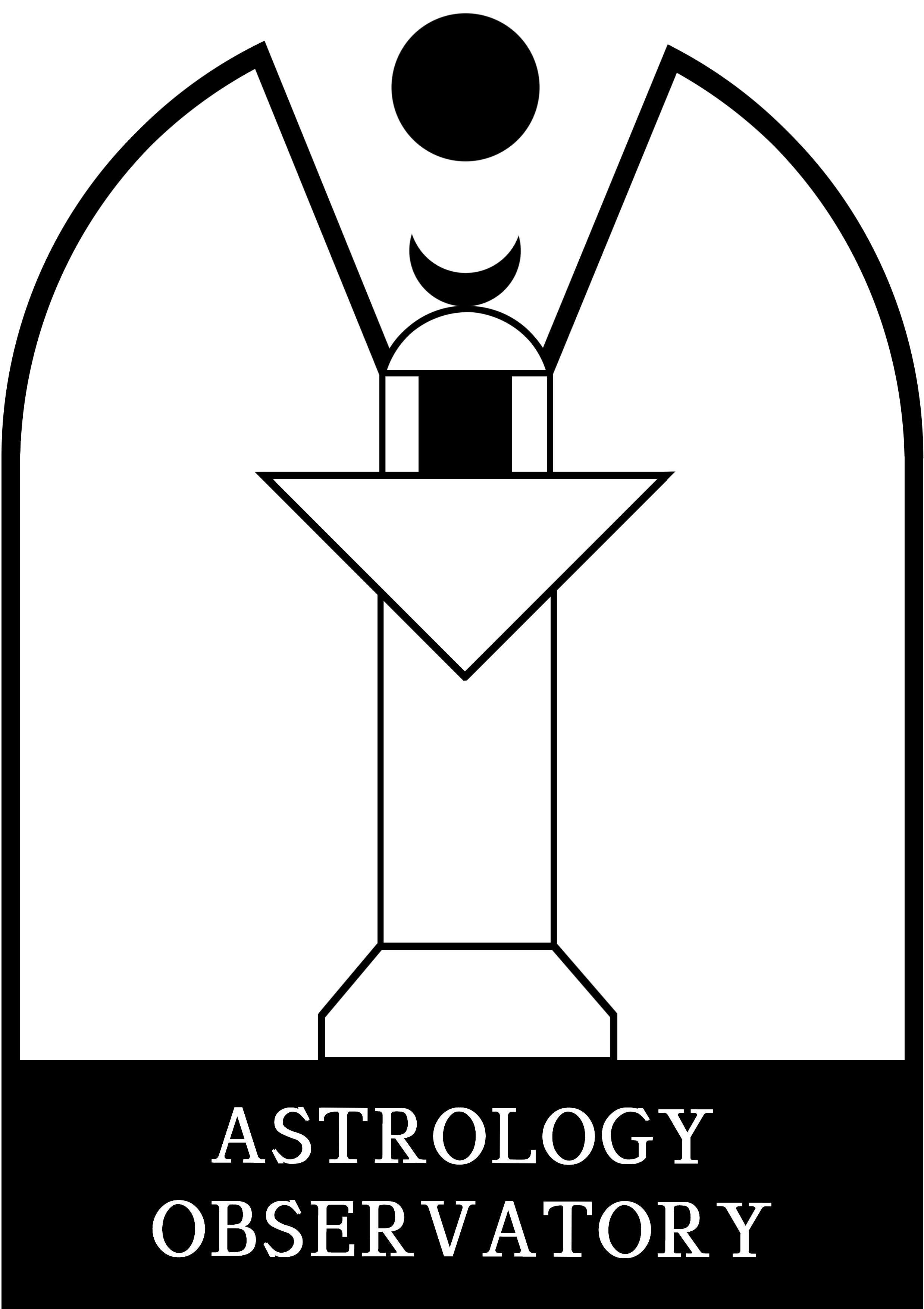Horary Astrology: What? How?
A bit about the history and method
The primary names for horary astrology were: in Greek – erotesis, in Arabic – masa’il, in Sanskrit – praśna, and in later English sources, names such as questions, interrogations, and procedural questions asked before examining the consultative chart (inquiries). It was not until the 17th century that England’s then most famous astrologer, William Lilly, named and popularized horary astrology with the now-known term – horary astrology questions – which was eventually shortened to horary astrology.
Horary astrology is earliest mentioned, according to existing and researched written sources, in a few excerpts attributed to Hermes Trismegistus (1st century BCE), in the fifth book of Dorotheus of Sidon on electional astrology (1st century), and in the Yavanajataka (Sanskrit: yavana ‘Greeks’ + jātaka ‘astrological birth chart calculation’ = ‘Greek astrological birth chart calculation’) – according to scholar David Pingree, translated from Greek into Sanskrit around 149-150 CE in a work on Hellenistic astrology. The original Greek text has not survived, which was likely written around 120 CE. Several examples have also been found in the horoscopes of the astrologer Zeno (5th century CE).
Horary astrology is the latest developed branch of astrology. The main branches of astrology are: natal astrology, mundane astrology, electional astrology, and horary astrology. Researchers believe that horary astrology primarily evolved from electional astrology, from charts drawn before a consultation, also known as thought interpretations, to determine what would be discussed during the consultation.
It took time for horary astrology to acquire its current form, rules, methods, and to become established as an independent branch of astrology. By the 8th and 9th centuries, theories and chart examples of horary astrology, which more closely match the discipline practiced today, can be found in the sources of Theophilus of Edessa, Masha’allah, and Sahl ibn Bishr.
A querent with a serious question would somehow convey it to the astrologer. Once the astrologer understands the question, they note the time (year, month, day, hour, minute) and their location—this symbolizes the time of the question’s birth, as it is believed that a question is born when it reaches the one to whom it is intended. The astrologer then creates a chart based on that time and location and analyzes it according to the situation described. Previously, clients would visit astrologers at their homes or workplaces for consultations; nowadays, contact is mostly remote.
Horary astrology’s period of flourishing began in the Middle Ages and ended with the conclusion of the Renaissance, during which it was the most practiced branch of astrology. During this period, the most significant work on horary astrology, William Lilly’s “Christian Astrology,” was written in 1647. It has survived intact to this day and is still used for learning horary astrology, containing numerous examples of situation analyses from Lilly’s own astrological practice.
In the new era of the Industrial Revolution, all branches of astrology in Europe experienced a decline due to humanity’s shifting belief in technology, technocracy, and progress based on them, as well as an anthropocentric positioning of oneself in relation to nature, leading to the weakening and diminishing of astrological traditions.
From the late 19th century and early 20th century, a revival of astrology is observed in Europe, along with the formation of new branches of astrology. The creation of modern astrology was significantly influenced by the thoughts and works of theosophists, the New Age movement, Alan Leo, Carl Gustav Jung, Dane Rudhyar, and Marc Edmund Jones. The 20th century also saw the revival of traditional astrology (including traditional horary astrology): reconstructions, studies, and applications of old methods.
Sources:
– William Lilly, Christian Astrology
– Chris Brennan, Hellenistic Astrology: The Study of Fate and Fortune
– Yavanajataka on Wikipedia
– Wisdom Library – Definition of Jataka
